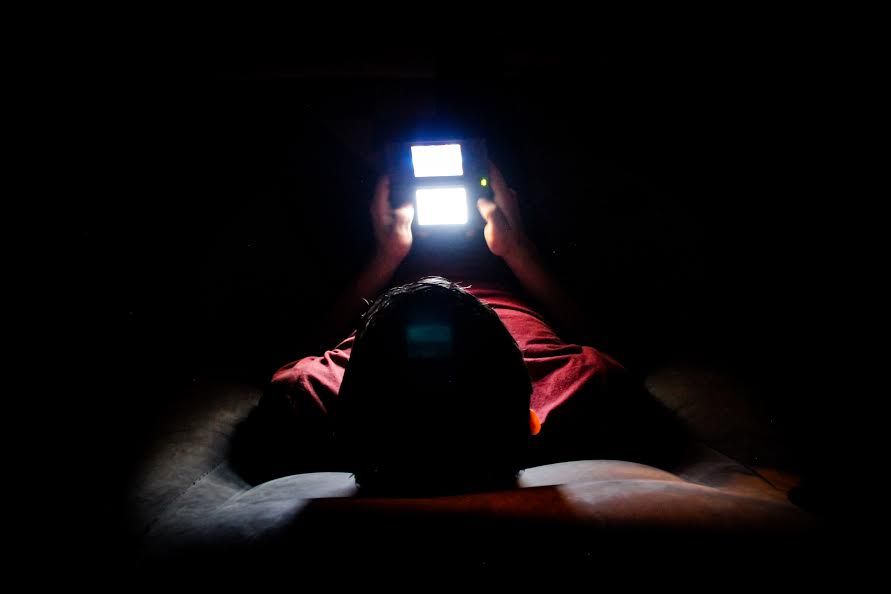King: The Dangers of Videogames
March 1, 2016
Video games are truly incredible. The moon landing, the Internet and cell phones loom much larger in peoples’ minds as the most impressive innovations of the modern era, but the invention of video games should not be overlooked. Human beings can pick up a controller, turn on a TV and release their minds into an entirely new reality. This new reality can transform the player’s environment and his role within it.
Suddenly Joe Smith can become Harry Potter, Batman or an American soldier fighting for the greater good of his respective world. Rather than being one of the thousands of college freshmen studying for tests, doing homework and attending the same classes every week, Joe Smith becomes one of a kind. He becomes a hero, at least in his own mind.
I must admit that it sounds pretty amazing, but my fear of video games having psychologically damaging effects on the people who play them far outweighs my fascination with them.
Internet gaming disorder may soon be considered a psychological disorder because some gamers “play compulsively” and may “experience symptoms of withdrawal when pulled away from gaming.”
So what makes video games so attractive and addicting?
A study published by the Journal of Psychological Science found that there are some pretty deep motivations for people to power up their gaming consoles.
Researchers found that people were most intrinsically motivated to play video games when their experience of themselves while playing the games coincided with their conception of their ideal selves.
Everyone has goals and aspirations. We have a picture of our future selves in our minds and hope to become that person someday. People generally think the only way to get closer to our ideal selves is through hard work within the real world, but the previous research suggests there is any easier way.
A gamer can come face to face with his ideal self more quickly by simply picking up a controller than by putting forth real work to transform himself into the person he wants to be. I think this is dangerous because it may kill motivation to work toward real self-improvement.
Another study found that students who overuse video games have lower levels of social skills than those who do not. Children who used media such as video games were less able interpret body language than students who did not use it, according to a study by the University of California.
Research has also found that many people use video games as a way to escape from reality. Managing a life as an elf in World of Warcraft is more appealing to some people than managing life as a stressed college student who is unsure about his or her future.
I don’t see a problem with using video games as a way to give yourself the occasional break from the complicated and often stressful world we live in. On the other hand, if you constantly use them as an easier alternative to the real world, then you’re treading in dangerous waters, and I suggest you start swimming back toward land to rejoin the rest of us.
As you can see, picking up video games as a hobby is not something that should be taken lightly. The psychological draw of entering virtual worlds is strong, and for some, may be accompanied by negative side-effects.
I would encourage all gamers to take a step back and analyze their video game playing habits. Also, although it may sound crazy, I would love to see video game developers put a “Please Use Responsibly” label on every game they distribute.







